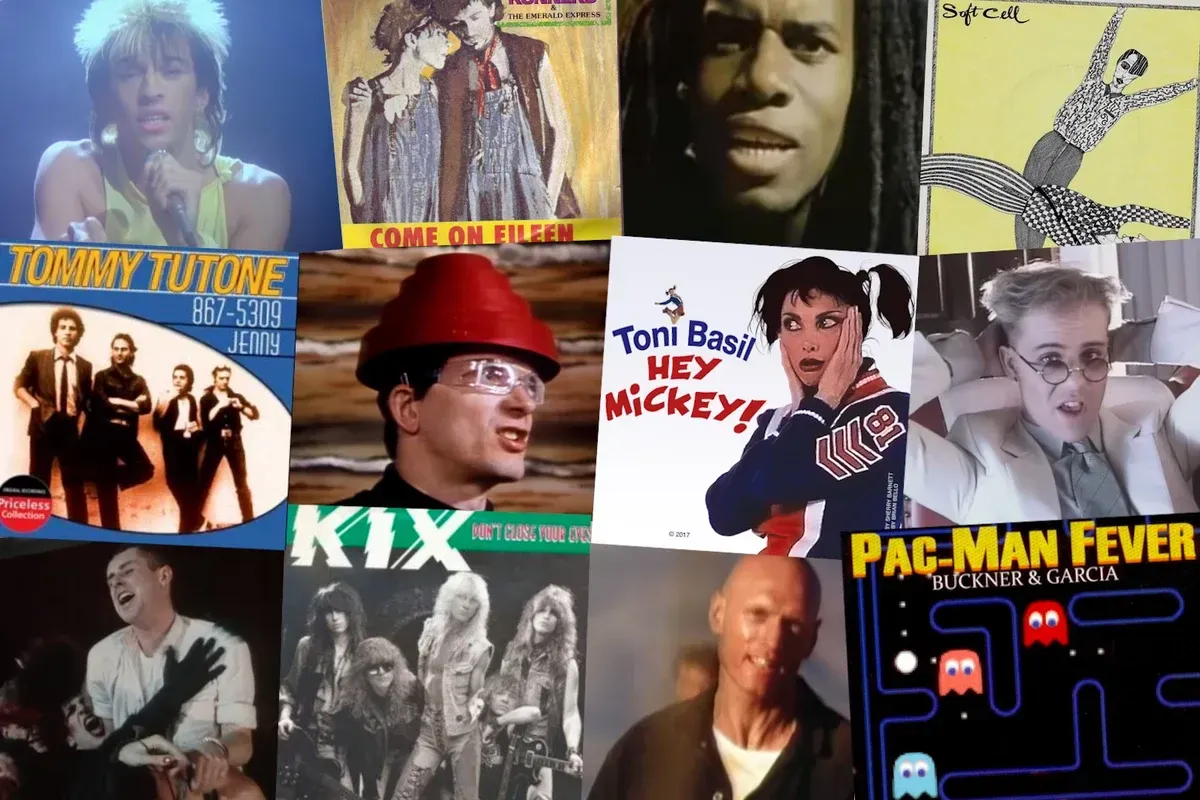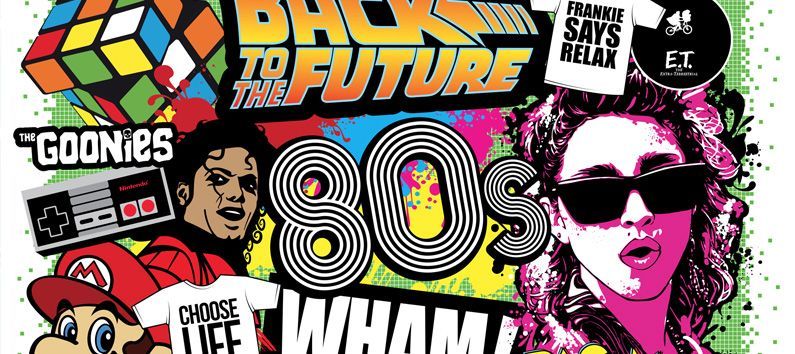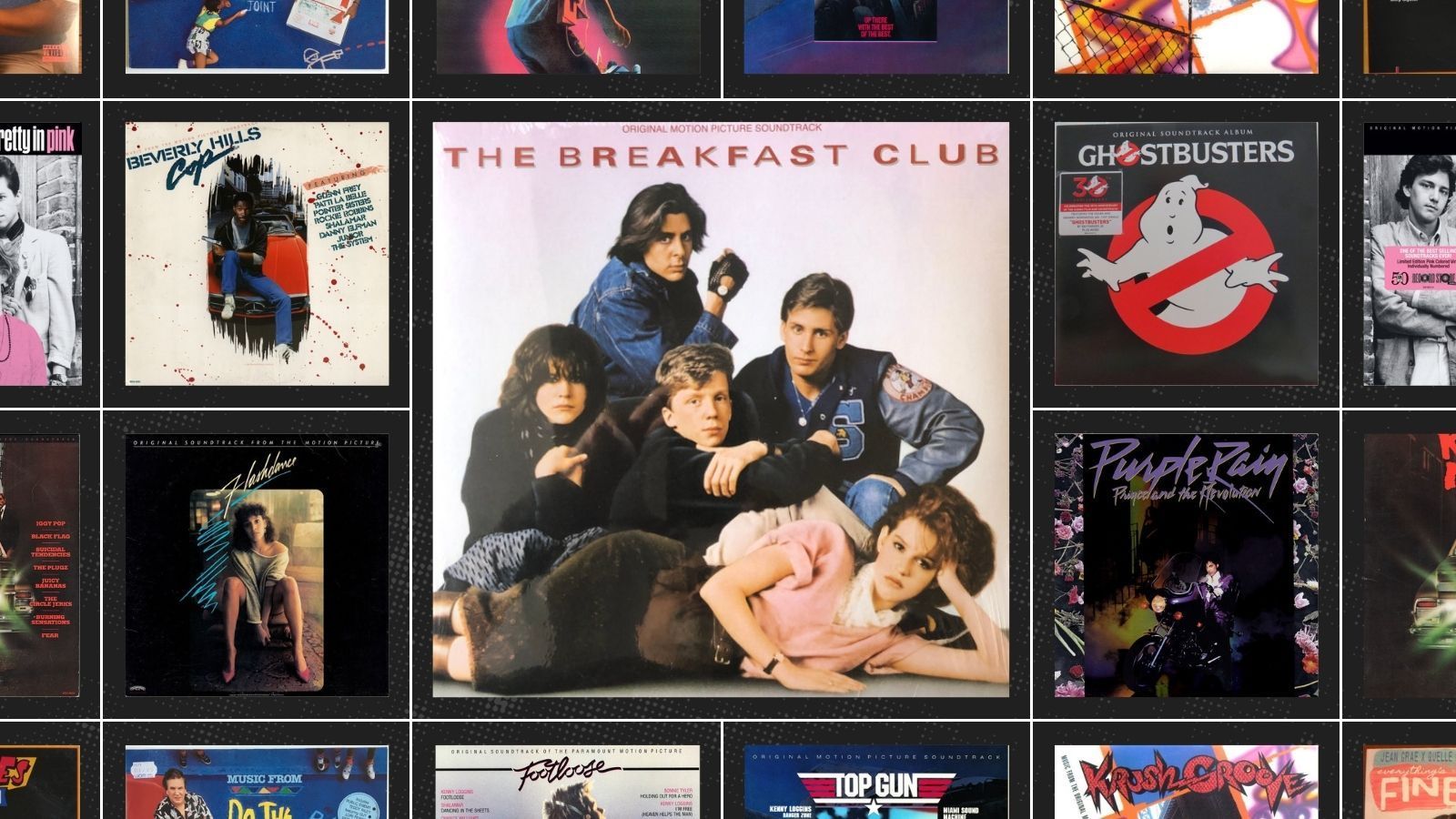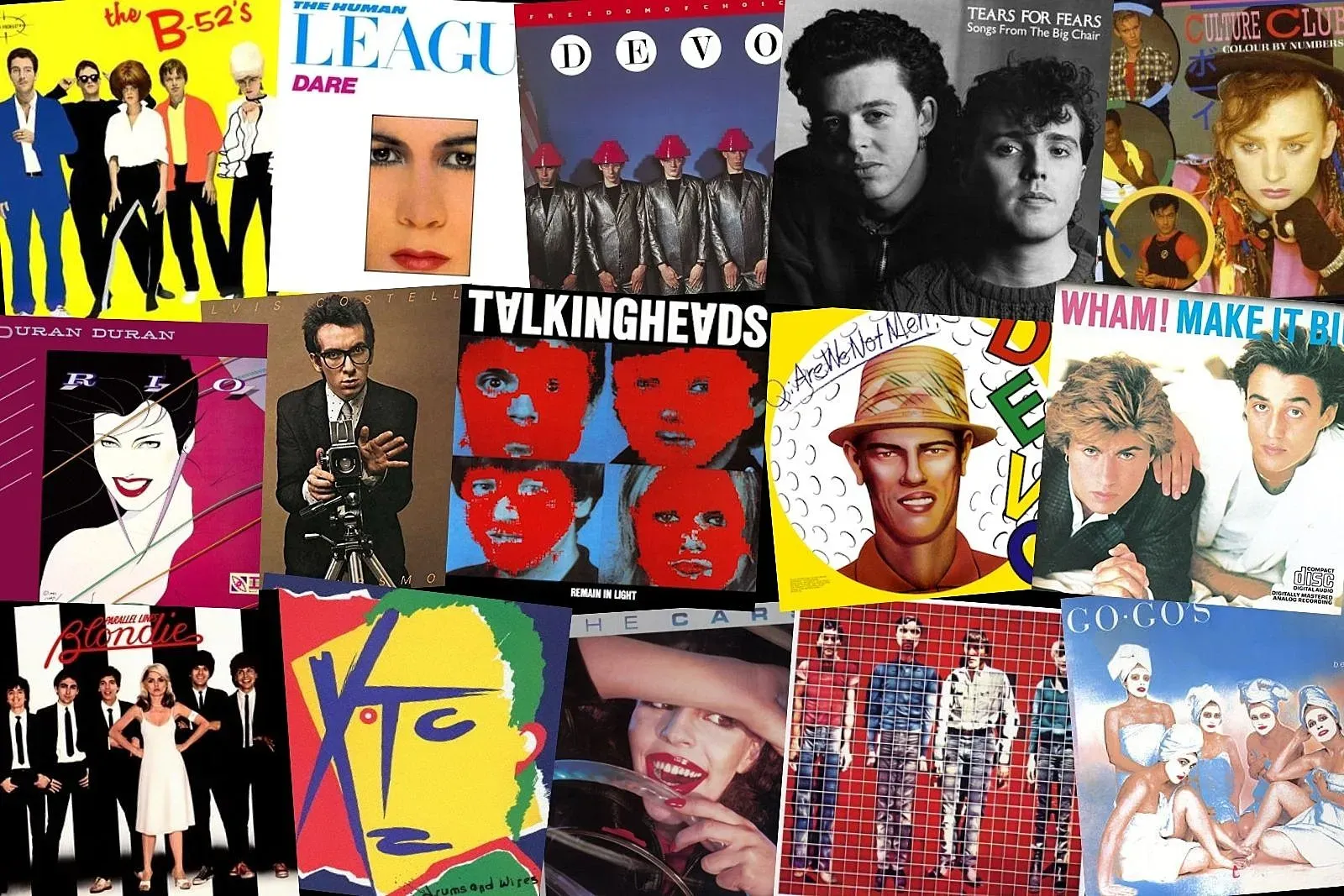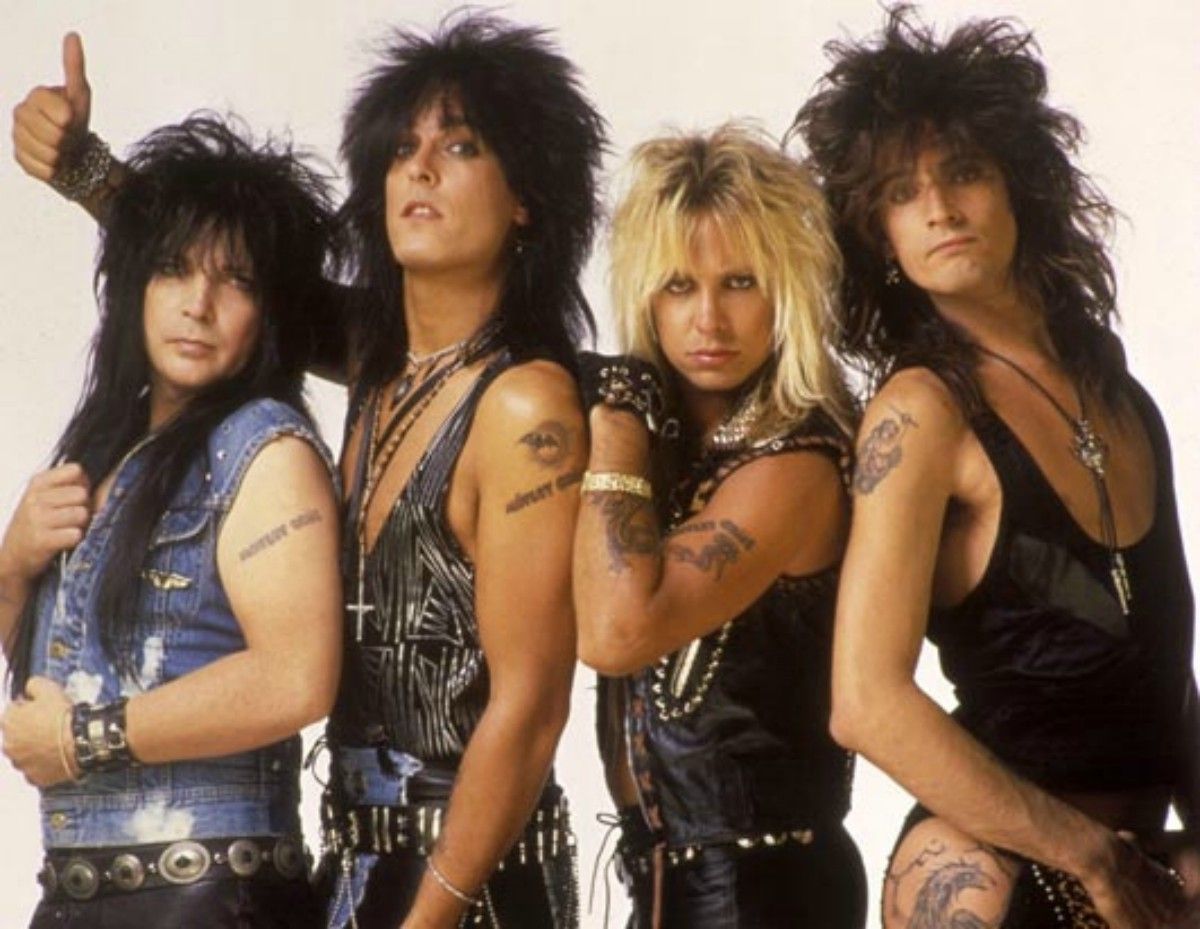The Music Icons of the 1980s: Defining a Decade
The Music Icons of the 1980s: Defining a Decade
The 1980s were a pivotal time in music history, with artists across genres pushing boundaries, creating timeless hits, and shaping pop culture. From electrifying pop idols to legendary rockers and the emergence of hip-hop, the decade was a vibrant tapestry of groundbreaking talent. Here, we take a closer look at some of the most influential music icons of the 1980s, their achievements, and their lasting legacies.
The King and Queen of Pop
Michael Jackson
No conversation about 1980s music icons is complete without Michael Jackson. Crowned the "King of Pop," Jackson's influence on music, dance, and culture was undeniable during this decade. His 1982 album, Thriller, became the best-selling album of all time, powered by hits like "Billie Jean," "Beat It," and the title track. The iconic music video for Thriller set a new standard for visual storytelling and remains a pop culture phenomenon. Jackson’s gravity-defying dance moves, such as the moonwalk, cemented his
status as a global superstar. His ability to blend pop, rock, and R&B reshaped the music industry, leaving a legacy that endures.
Madonna
Madonna earned her title as the "Queen of Pop" by dominating the 1980s with her trailblazing music and magnetic personality. She broke new ground with her fearless exploration of controversial themes in songs like "Like a Virgin" and "Material Girl." Her bold sense of style turned her into a fashion icon, while her 1984 Like a Virgin album catapulted her into superstardom. Madonna’s ability to constantly reinvent herself kept her at the forefront of the cultural conversation and laid the groundwork for female pop artists who followed.
Purple Rain and Whitney’s Dynasty
Prince
Prince was simply unmatched in his creativity and musicianship. His ability to blend rock, funk, R&B, and pop into a sound entirely his own was showcased brilliantly in his 1984 album Purple Rain. The accompanying film of the same name solidified his legend. Tracks like "When Doves Cry" and "Purple Rain" displayed not only Prince’s musical genius but also his emotional depth. Known for his electrifying
live performances and genre-defying artistry, Prince challenged norms and expanded the possibilities of what music could be.
Whitney Houston
Whitney Houston rose to fame in the mid-1980s with her self-titled debut album, which included chart-toppers like "How Will I Know" and "Greatest Love of All." Her striking voice, often described as one of the greatest of all time, made her an instant sensation. Houston became the first female artist to debut at number one on the Billboard charts, breaking barriers in an industry dominated by male acts. Her ability to convey emotion through her voice resonated with audiences worldwide, and her influence on future generations of vocalists remains immense.
Rock Legends Who Ruled the Airwaves
Bruce Springsteen
Dubbed the "Boss," Bruce Springsteen was the voice of the working class in the 1980s. His 1984 album, Born in the U.S.A., became a cultural staple, with anthems like the title track and "Dancing in the Dark" defining American rock music. Blending heartfelt storytelling with arena-rock energy, Springsteen’s music highlighted the struggles and dreams of everyday people. His exhilarating live performances made him one of the most beloved rock musicians of the decade.
The Rise of Hip-Hop
While pop and rock ruled the 1980s, the decade also saw the birth of hip-hop as a mainstream cultural force.
Run-D.M.C.
Run-D.M.C. were hip-hop pioneers who brought the genre into the mainstream. Their fusion of rap with rock elements, showcased in their 1986 collaboration with Aerosmith on "Walk This Way," marked a turning point for hip-hop’s crossover appeal. Their album Raising Hell brought the genre to new heights, proving that hip-hop had a rightful place in the charts.
Public Enemy
Public Enemy took hip-hop beyond party anthems, delivering socially conscious lyrics that addressed issues of race, inequality, and activism. Albums like It Takes a Nation of Millions to Hold Us Back (1988) were both musical masterpieces and rallying cries for change. Public Enemy’s influence extended beyond music, carving out a legacy as one of the most critical voices of the decade.
A Legacy That Endures
The music icons of the 1980s didn’t just dominate the charts—they transcended music to influence fashion, culture, and social movements. Michael Jackson, Madonna, Prince, Whitney Houston, Bruce Springsteen, and the trailblazers of hip-hop like Run-D.M.C. and Public Enemy each left an indelible mark on the world. Their talent and innovation turned the 1980s into a golden era of music, and their legacies continue to inspire new generations of artists and fans alike.





